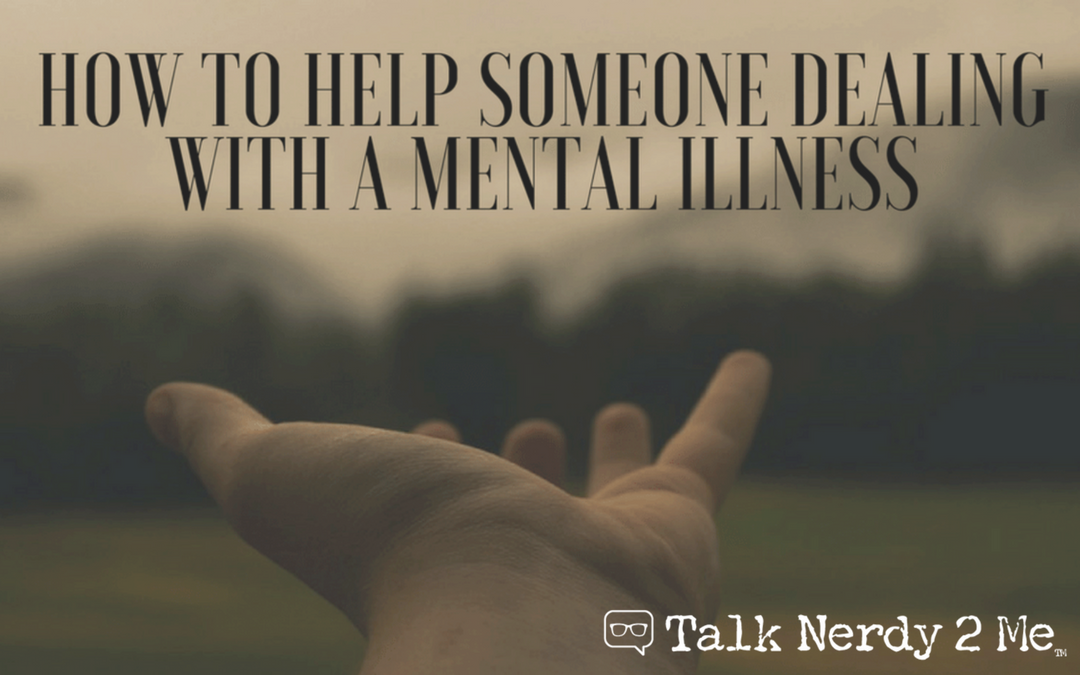Support systems are critical to the success of people in all levels of life, so it is paramount that you don’t turn your back on people suffering from a mental illness. There are many friends, family members and co-workers that you may have that are suffering from mental illnesses silently in fear of being judged. If you notice signs of mental illness within your circle, let them know that you are there to help them and that you are someone they can trust.
Below are a few helpful tips to use if you are ever approached with supporting a friend who is suffering from an illness.
Listen
If your friend opens up to you about their mental health status, let them talk and stray from changing the subject. The University of Michigan advises individuals to not disclose personal information if a friend talks to you about their mental health, unless they mention suicide. If suicide is mentioned, you should contact a suicide prevention line or a family member to get your friend professional care and advice immediately. In times like these, your friend feels as if no one understands them so make sure to listen to them no matter how long it takes and continuously show your support.
Show Your Support
A way that you can show your support is by providing resources to your friend to encourage them to seek help. There are many books, facilities and organizations that specialize in mental health for the sole purpose of helping those in need. Our partners at Active Minds have amazing resources that cover general mental health information, how to be a friend during counseling to recovery and a lifeline anyone can call if they are in a crisis.
You can also show your support by attending therapy or counseling with your loved one. There is a large stigma around receiving professional help, but you can be the person to make your friend feel at ease for the time by being by their side when they receive the help they need.
Remind Them That You Care About Them
According to Healthy Place, when people are suffering from a mental illness they tend to isolate themselves as they see themselves as a burden to others. When this happens, continue to invite your friend to events or to hang out. You can remind your friend that you care about them and their existence by just being around them and providing them that comfort by simply being near them.
Educate Yourself
As a confidant, you should take the health of your friend very seriously. Inform yourself as much as you can on the illness your loved one is facing. Psychology Today recommends friends of individuals dealing with mental health issues to read “I Am Not Sick. I Don’t Need Help!” by Dr. Xavier Amador. The book provides practical suggestions about how to help someone who denies that they have an illness. Dr. Amador says that if you want to help someone in need, it is essential for you to understand the process of denial to wellness.
Take Care Of Yourself
In addition to taking care of your friend, take care of yourself. It can be tough being the support system in someone’s life who is suffering from mental illness. The University of Michigan proposes that caretakers should make time for themselves by relaxing, such as meditating or taking a walk in the park. If things become overwhelming for you, it is recommended to attend counseling if you could use support as well.
All in all, mental illness should not be taken lightly. If your loved one, colleague or roommate is suffering from a mental illness, make sure you are informed and educated on how to help before you attempt to help. You and your friend will get through this, and NSCS is here to help.
Author: Saskia Jones, Marketing Intern

